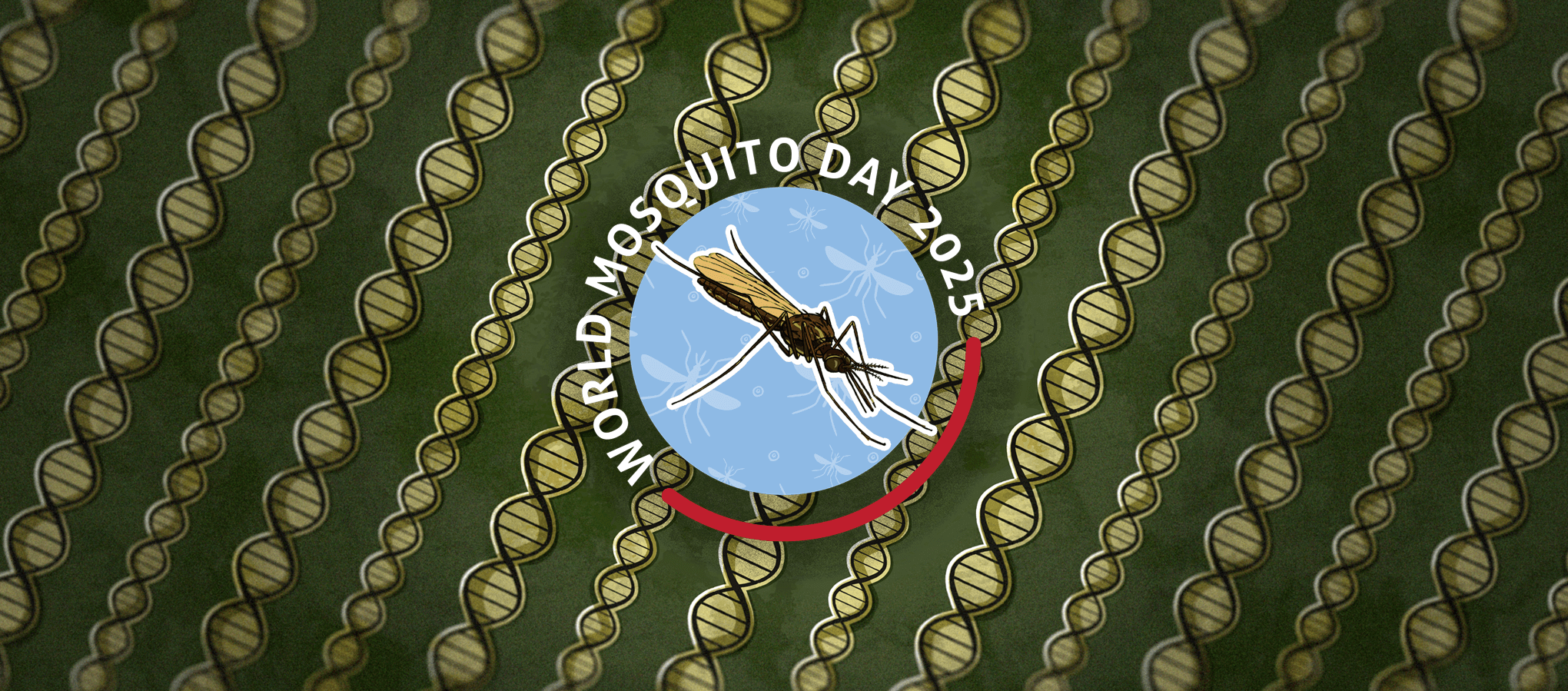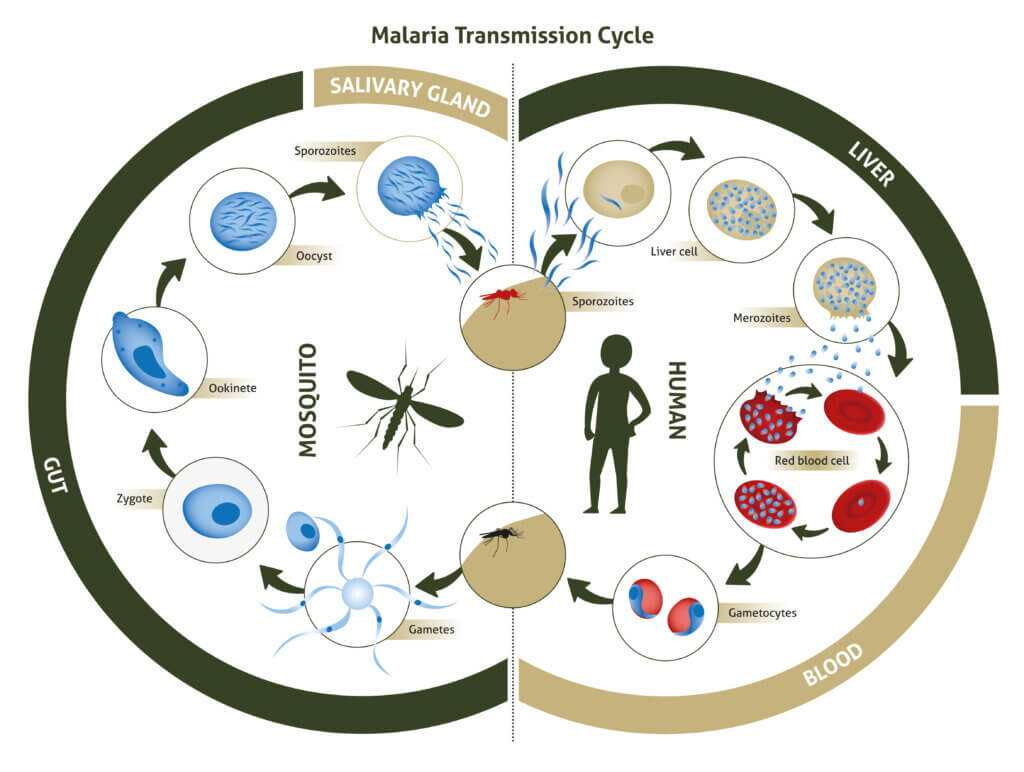The importance of World Mosquito Day


The tiny mosquito is the world’s deadliest animal.
When we think about dangerous deadly predators, animals such as sharks or lions most often come to mind. Yet, it is the tiny mosquito that is the most lethal. These frail small insects are often dismissed as irritating but ultimately inconsequential. However, despite their size, mosquitoes are responsible for up to half a million deaths every year, making them the world’s deadliest creatures.
The danger does not lie in the insect itself, but in its ability to transmit deadly diseases to humans.
There are over 3,500 species of mosquitoes, most of which are relatively harmless. However, malaria is one of the deadliest mosquito-borne diseases which carried by the female Anopheles mosquito. On 20th August 1897, a British doctor by the name of Sir Ronald Ross made the groundbreaking discovery when he found parasites in the stomach of a female Anopheles mosquito. His research provides the first evidence that mosquitoes are vectors of malaria. It was a foundational step for decades of global health research and malaria prevention. This discovery is now commemorated annually as ‘World Mosquito Day’.

Whilst malaria remains one of the most prevalent diseases, particularly in the region of sub-Saharan Africa, it is not the only mosquito-borne disease. Different mosquitoes transmit different diseases. These diseases cause a significant burden on health and economies across the globe and can be found all over the world.
| Vector | Disease | Type of pathogen |
| Aedes | Chikungunya Dengue Lymphatic filariasis Rift Valley fever Yellow Fever Zika | Virus Virus Parasite Virus Virus Virus |
| Anopheles | Lymphatic filariasis Malaria | Parasite Parasite |
| Culex | Japanese encephalitis Lymphatic filariasis West Nile fever | Virus Parasite Virus |
Investigating and tackling the rise of mosquito-borne diseases requires a collaborative effort by all communities and governments worldwide. World Mosquito Day serves as a reminder that for much of the globe mosquitoes are far more than small irritating pests; they are a global public health threat that demands attention and investment in research and prevention technologies.
